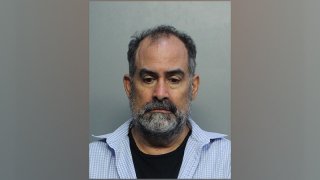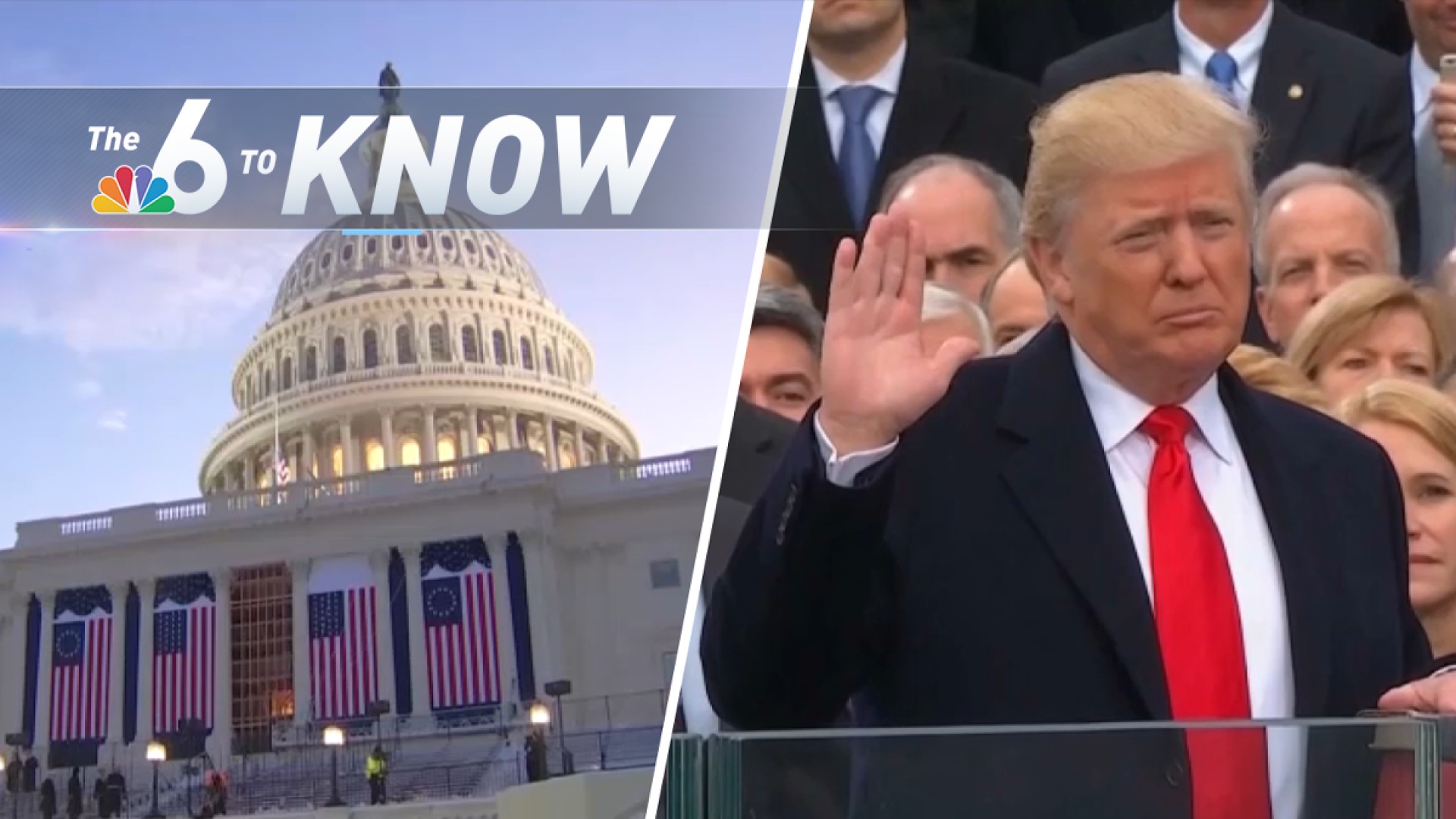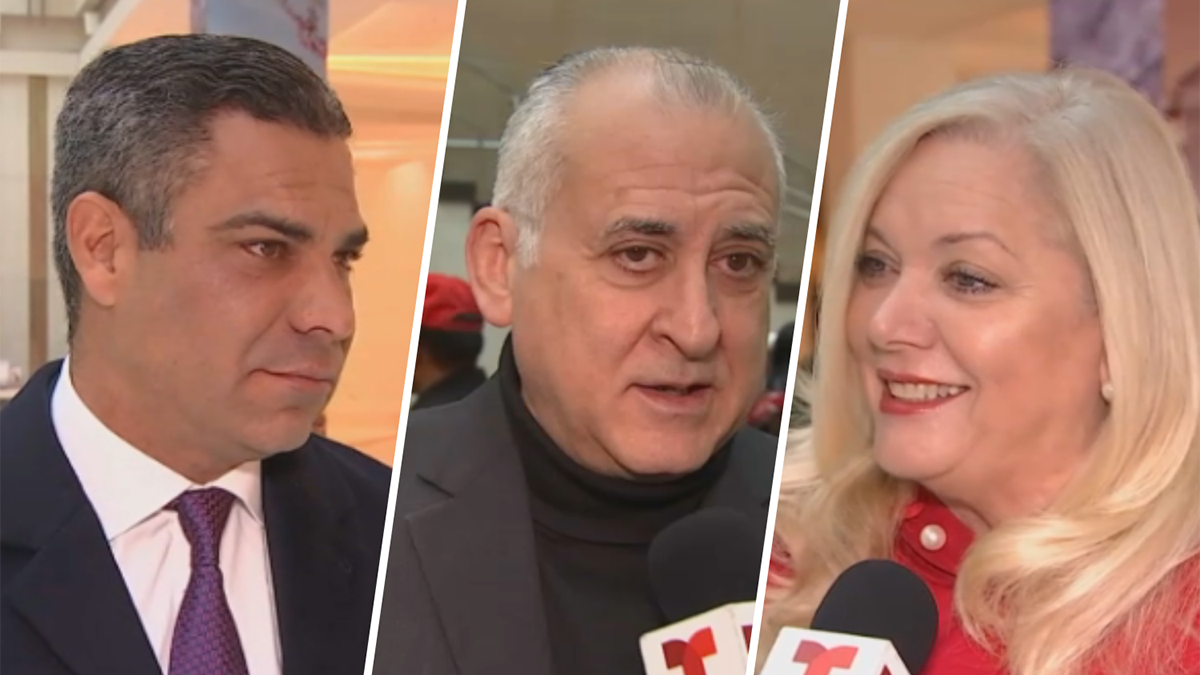
Jeffrey Barone
EDITOR'S NOTE: This article has been updated to reflect the latest developments in the case.
Prosecutors dropped charges against interior designer Jeffrey Barone, who was arrested in 2020 and accused of stealing hundreds of thousands of dollars from the budget of a Miami project.
Watch NBC6 free wherever you are
Barone was charged with grand theft and organized fraud. He pleaded not guilty to the charges.
In a closeout memo obtained by NBC6, Miami-Dade Assistant State Attorney Jared Gass, wrote “Thus, analyzing the facts, available evidence, and applicable caselaw, there is no reasonable likelihood of conviction in this matter.”
Get local news you need to know to start your day with NBC 6's News Headlines newsletter.
Jason Bravo is Barone’s attorney. He reacted to the decision in a statement, writing in part, “Maintaining his innocence and refusing to settle, Mr. Barone suffered three years of house arrest, loss of his business, and damage to his otherwise impeccable reputation.”
Barone's company, Bonafida Design, was working on a proposed project called Miami Riverside two years before his arrest. At the time, the lot was being developed to feature restaurants and entertainment venues in the Brickell area of Miami.
After a walkthrough of the project, the Miami Riverside partners were “unhappy” with the progress and terminated the relationship with Barone, according to the memo.
Local
Then, one of the partners reported him to the City of Miami Police, leading to his arrest.
“The theory was the defendant (Barone) proposed a budget and took on a contract he had no intention of completing, and continually requested funds for phases of the project that didn’t materialize only to use the money for himself,” Gass wrote.
According to the memo, there was not a written contract between Barone and his clients. Instead, it was “a verbal/handshake agreement.”
Gass wrote “there were no escrow requirements for the money paid to the defendant (Barone) to buy materials and complete the project, and no specific agreement as to defendant’s eventual profit or the intervals at which he was entitled to profit.”
She went on to say Bonafide was paid more than $700K.
Investigators reviewed bank statements, checks and other records involving payments made to Barone. They determined they couldn’t prove a crime was committed.
“While there are questions that exist regarding the adequacy of the defendant’s work, whether his work was worth the money paid to him to perform, whether he was in over his head and didn’t truly have the capability of doing this job, and whether he spent the money incompetently, there is no question he spent a lot of money preparing for and completing some work on this job, which would demonstrate lack of intent on his part,” Gass wrote, adding “We are not in a position to make a valuation judgment on the work performed or the timeframe in which it was completed, and its fact pattern is more indicative of a civil case rather than a crime.”
Barone’s attorney said his client “is grateful to his friends and family who stuck by him during this difficult ordeal and is working to move forward from this yearslong nightmare.”



